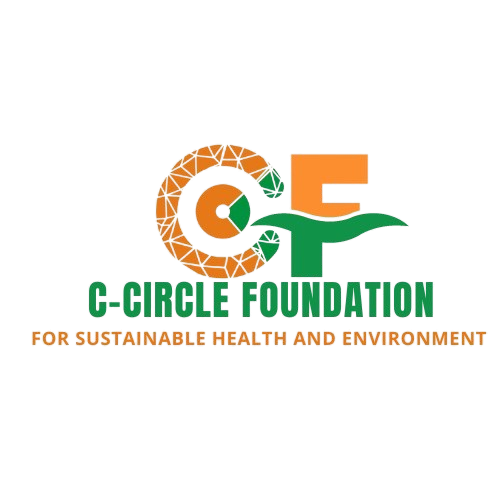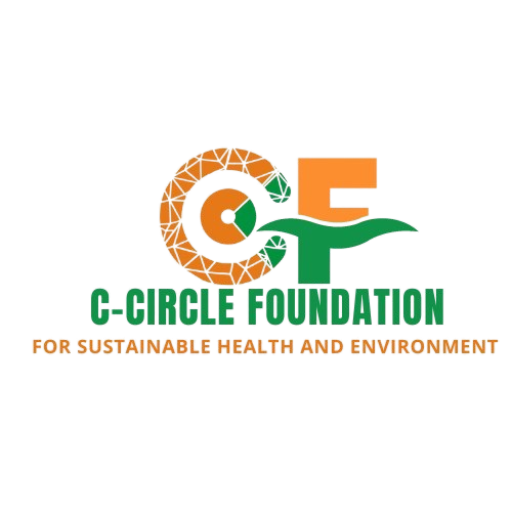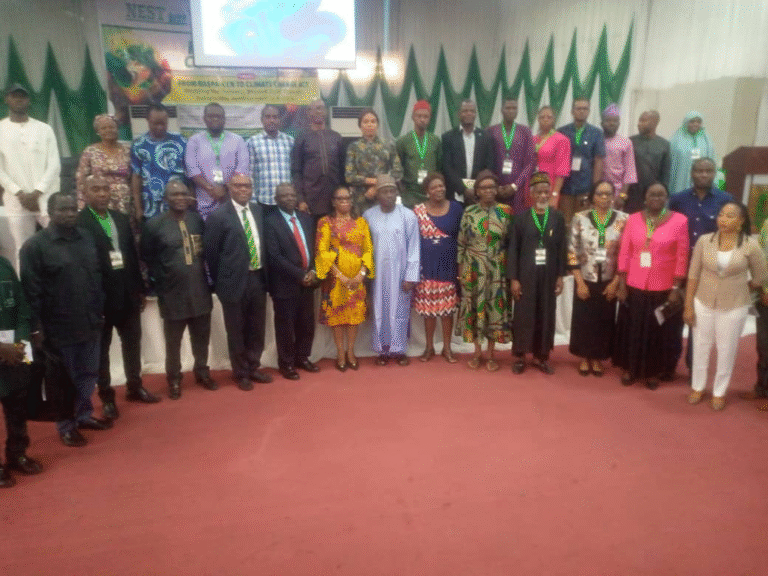Our environment is a delicate ecosystem that sustains all life on earth, and the job of preserving the environment is a shared responsibility that requires us to be mindful of our choices. As we strive for a greener and healthier planet, it is crucial to recognize the practices that can cause harm to the environment. In this article, we will explore 5 practices that you should avoid to contribute to a healthier and more sustainable planet.
- Single-use plastic: The excessive use of single-use plastics, such as plastic bags, bottles, cups, cutlery, and straws poses a significant threat to our environment because of their contribution to pollution and wildlife. Although nothing is wrong with prioritising one’s convenience, it’s important to understand the impact on the environment. Single-use plastics enter into waterways when thrown out and it leeches out harmful chemicals and clog the waterway which is harmful to the water body. Also, single-use plastics have led to the death of many marine animals because the plastics affect their digestive tracts when digested Opting for reusable alternatives such as shopping with a reusable bag, avoiding individually packaged goods but buying in bulk, drinking coffee or tea in reusable cup, use a water bottle that can be refill instead of buying water, use a wooden or aluminum cutlery, and also encourage people to avoid using single-use plastics will help to reduce plastic footprint.
- Wasteful water consumption: Wasteful water such as human waste, food scraps, oil soap, and chemicals are released into the environment without being treated. Treating wastewater is a matter of caring for the environment and our health because of the negative impacts it has on the environment. Pollutants such as phosphorus, chlorine and nitrogen found in wastewater can cause eutrophication which often results in oxygen reduction and alteration of habitat. Wasteful water consumption can be mitigated by conserving water(use less water), minimising the polluting content of wastewater, and innovative decentralised water technology such as septic tanks, composting toilets, biodigesters for collecting and treating wastewater.
- Improper Waste Disposal: Improper disposal of waste is defined as the disposal of solid waste at any unlicensed location. These include littering and illegal dumping of waste, not recycling items, disposal of pesticide and tobacco-related products. These unhealthy practices lead to soil contamination and plant death because of the release of hazardous chemicals that seep into the soil in the form of leachate when these wastes are broken down when they become rotten. Also, when these wastes are improperly disposed of, an obnoxious odour is released which alters the air quality within the region. Therefore, taking responsibility for protecting the environment is important, that is, dispose of waste in designated bins, recycling wen possible and supporting clean-up efforts.
- Excessive Energy Consumption: Relying heavily on fossil fuels such as coal, oil, and natural gas leads to the release of greenhouse gases such as water vapour, carbon dioxide(CO2), methane (CH4), ozone (O3), and nitrous oxide(N2O) into the atmosphere leading to global warming. Saving energy is not just about reducing our electricity bills but by reducing our carbon footprint through the use of energy efficient light bulbs, unplugging electronics when not in use, washing cloth in cold water, and sun drying instead of using the dryer. Also, adopting renewable sources like solar or wind power helps in reducing carbon footprint.
- Deforestation and Habitat Destruction: Forest is home to countless species in the world and it also plays a vital role in balancing the greenhouse gas emissions which makes the air in the atmosphere breathable. Urbanisation, cattle grazing, deforestation, and resource extraction have led to the disruption of ecosystems, and wildlife extinction, and also threaten biodiversity, however, we can protect our planet by choosing sustainably produced goods, supporting reforestation efforts, and advocating for protected areas.
In summary, our planet’s health hinges on our conscious choices. By saying no to single-use plastics, By saying no to single-use plastics, conserving water, responsibly disposing of waste, reducing energy consumption, and advocating for the preservation of natural habits. Remember, even the smallest actions have the power to make a difference. Let’s work together for a greener tomorrow.






